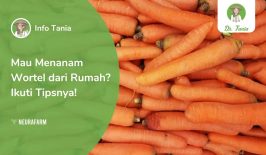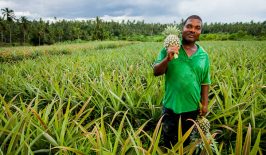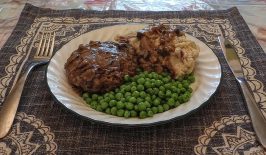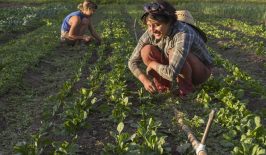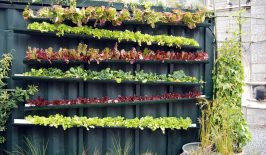There are somewhere in the region of 1.5 billion cows in the world, and everyday each one produces around 250-500 litres of methane. Estimates vary, but all aniamls combines, cattle are thought to be responsible for around five percent of all greenhouse emissions. Some estimates suggest the figure could even be as high as 14 percent. In any case, even the smaller estimate is still double that of the emissions created by air travel.
A Swedish startup is now looking to drastically reduce those emissions. Volta Greentech has been working to cultivate a special algae which can work to adjust the digestive process within the gut of the cow and ultimately produce less methane. The algae is a mixture of different red seaweeds and contains bioactive compounds which blocks one of the enzymes used in the first stomach of the cow – the rumen – to produce methane.
According to Volta Greentech, a daily dose of 100 grams of their algae can reduce methane production by 80 percent. Additionally, they suggest the blocking of microbial methanogens in the stomach of the cow means energy isn’t used up producing a waste product. Instead, their product, they suggest, can unlock more energy in the form of hydrogen and carbon which can improve the animals’ wellbeing.
Earlier this week, the startup gained additional funding of 500,000 USD to further develop the concept and ramp up production of the algae. As well as a laboratory in Stockholm, Volta Greentech is also currently developing a full-scale production plant in the town of Lysekil to begin cultivating the algae on a larger scale.
With a completion date aimed for 2022, the Volta 01 factory aims to initially produce enough of their Seafeed product for around 12,500 cows. However, by optimising the automated production process, Volta hopes to increase this figure to 100,000 without the need for an additional factory. What’s more, the factory will be powered entirely by renewable energy and industrial waste heat, while the algae it produces can also act to absorb up to one thousand tons of carbon a year.
And they’re not the only ones interested in stopping cattle burps. Elsewhere, researchers have been examining the internal biology of ruminates in an attempt to create a vaccine that suppresses the microbes responsible for methane production in the cow’s stomach. A slightly more outlandish approach – placing methane-collecting backpacks on cattle – has also been experimented with. A change to the cow’s diet, however, is commonly seen as the most viable approach to reduce methane, especially in the short term, even though some experts have suggested meddling with gut microbiome in cattle can actually adversely affect the health of the animal, especially in regards to its immune system.
Volta Greentech are still within the research and development stage and are embarking on a number of pilot trials. The next big challenge for the startup will be producing the algae at a cost effective rate, while also turning it into a commercially viable product that cattle farmers across the globe will be interested in using.
According to founder Fredrik Åkerman, he is eager for his product to become the industry standard for cattle farmers, however large scale uptake of his feed will likely only occur if farmers feel it provides an additional advantage to their work – such as increasing the health of their livestock – as opposed to purely environmental benefits.

